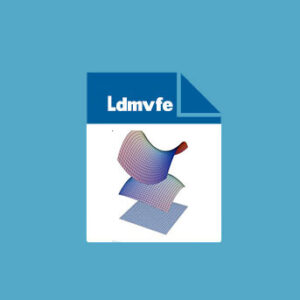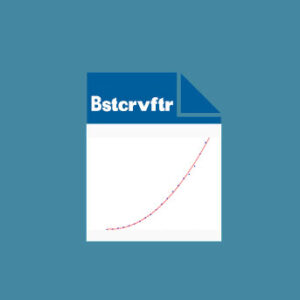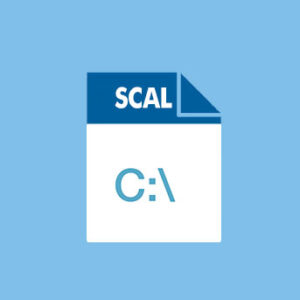Convergence vs. Diverse iteration solver
Convergence vs. Diverse Iteration Solvers
When tackling complex computational problems, the choice of an iteration solver can significantly influence the efficiency and accuracy of the solution. Convergence and diverse iteration solvers are two fundamental approaches, each with its own merits and applications.
Convergence Solvers
focus on reaching a single, precise solution. They are designed to iteratively refine guesses until they meet a predefined accuracy threshold. Convergence solvers are ideal for problems where a unique, stable solution exists. Examples include Newton-Raphson and gradient descent methods. These solvers are preferred in scenarios like optimization problems and numerical simulations where precision is paramount.Diverse Iteration Solvers
on the other hand, prioritize exploring multiple potential solutions. They are beneficial in problems where multiple solutions may exist, or the landscape of possible solutions is complex. Techniques like genetic algorithms and particle swarm optimization fall into this category. Diverse iteration solvers are often used in machine learning, optimization of non-convex functions, and scenarios requiring robust, adaptable solutions.
Choosing between convergence and diverse iteration solvers depends on the nature of the problem at hand. For precision and single-solution problems, convergence solvers excel. For flexibility and multi-solution exploration, diverse iteration solvers are the way to go. Understanding the strengths and limitations of each approach is crucial for effective problem-solving in computational fields.


